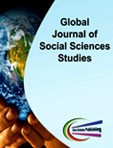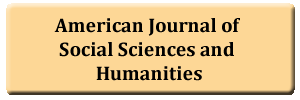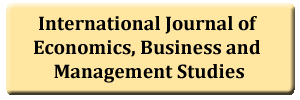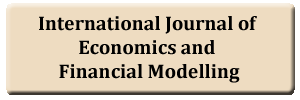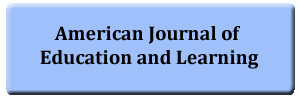Broken home, sexual harassment, and educational outcome: Evidence from higher institutions in Nigeria
DOI:
https://doi.org/10.55284/gjss.v9i1.880Keywords:
Academic performance, Broken home, Higher education, Labor market participation, Sexual harassment.Abstract
We examine the effects of broken-home and sexual harassment on the educational performance of undergraduate students of some selected universities in northern Nigeria. Data for the study was collected using an online survey form (google form) which was distributed to the targeted participants through email, WhatsApp, and Facebook respectively. Relevant information on variables of interest for the study was collected from 6 tertiary institutions consisting of one Federal and one State University each from the 3 geopolitical zones of northern Nigeria. Overall, 178 undergraduate students who are in the final year of their program voluntarily participated in the survey and the data was analysed using ordered logistic regression analysis. We find a negative effect between broken home and educational performance whereas, though there exists a negative effect between sexual harassment and educational performance but it is found to be not statistically different from zero. We control for parental socioeconomic status and the demographic characteristics of the students. Based on empirical findings from the study we conclude that broken home has serious negative effects on students’ academic performance. Evidence from the study have both short-run and long-run implications on the Nigerian economy; the long-run implications also have two negative broad dimensions in form of labor market participation and gross reward for labor which may impede growth and development in the long run. Hence, the need for strategic interventions by relevant stakeholders.

